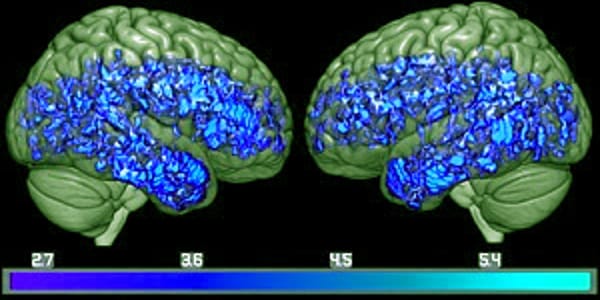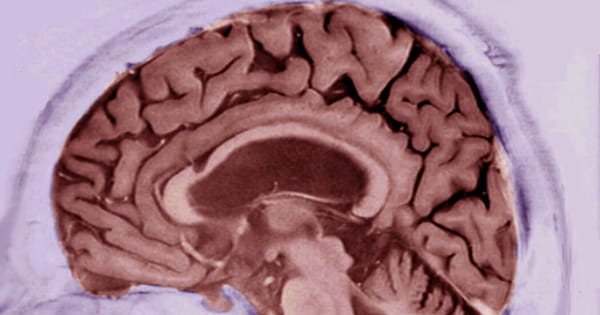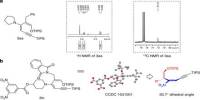Dementia is characterized by a progressive and often remorseless decline in cognition, function, behavior, and care requirements. In dementia, assessment is based on both collateral and patient-derived information. Over the years, many assessment scales have been developed for use in dementia research and care. These scales are used to reduce uncertainty in decision-making, such as screening for cognitive impairment, making dementia diagnoses, and tracking change.
According to a new study, people whose dementia risk test results indicated a less brain-healthy lifestyle, such as smoking, high blood pressure, and a poor diet, may also have lower scores on thinking skills tests, more changes on brain scans, and a higher risk of cognitive impairment.
People whose dementia risk test results indicated a less brain-healthy lifestyle, such as smoking, high blood pressure, and a poor diet, may also have lower thinking skills test scores, more changes on brain scans, and a higher risk of cognitive impairment. According to a new study published online in Neurology®, the medical journal of the American Academy of Neurology. The study also discovered that test scores in men were associated with poor memory function and markers of brain shrinkage.
People whose scores on a dementia risk test indicated a less brain-healthy lifestyle, including smoking, high blood pressure, and poor diet, according to a new study.
“Dementia risk scores may be useful in identifying people at higher risk of dementia earlier so that potential lifestyle factors can be addressed earlier and more closely monitored,” said study author Sebastian Köhler Ph.D. of Maastricht University in the Netherlands. “Our study discovered that a significant proportion of brain changes may be attributable to modifiable risk factors.” The serotonin transporter — a natural brain chemical that regulates mood, sleep, and appetite — was found to be lower in brain scans of people with mild loss of thought and memory ability, according to Johns Hopkins researchers.
The study included 4,164 participants with an average age of 59. All participants took the “Lifestyle for Brain Health” test (LIBRA). The total score represents a person’s risk of developing dementia. This study took 11 of the 12 lifestyle factors on the test into account, including high blood pressure, heart disease, smoking, diet, and physical activity. Higher scores indicate a higher risk of dementia, with scores ranging from -2.7 to +12.7. The study group as a whole had an average score of 1.19.
The participants were divided into three groups by the researchers: those at low risk of dementia, with an average score of -1.47, those at medium risk, with an average score of 1.20, and those at high risk, with an average score of 4.6.

Dementia is a clinical syndrome characterized by progressive acquired global impairments in cognitive skills and independence. Many patients experience varying degrees of a behavioral disturbance at some point during their illness. The care burden for family caregivers as well as state/other care funders grows as the condition worsens.
Memory and other thinking skills, such as information processing speed, executive function, and attention, were tested on study participants. Researchers also examined brain scans for signs of cerebral small vessel disease, which is a type of vascular brain damage commonly seen in dementia patients. They also looked for changes in white and gray matter volumes.
Researchers discovered that people who scored high on the LIBRA test, indicating a less brain-healthy lifestyle, had higher volumes of brain lesions, 1.27 ml compared to 0.48 ml for those who scored low. The high-risk group also performed worse on two cognitive tests: information processing speed and executive function and attention. Researchers discovered associations between higher LIBRA test scores and lower grey matter volumes, as well as lower memory test scores, only in men.
“More research is needed to confirm these findings and determine why there were differences between men and women,” said Köhler. “It’s exciting to think that a simple test score could be an indicator of brain health. We need to find out if people can improve their scores by changing their diet, increasing their physical activity, or limiting their alcohol consumption to low-to-moderate levels.”
The study does not prove that lifestyle test results predict dementia; rather, it demonstrates an association. The detection and characterization of cognitive deficits associated with age-related neurodegenerative diseases such as Alzheimer’s disease (AD) is a growing clinical research focus as more people live longer lives.
















